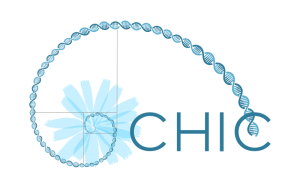A debate on the Future of Gene Editing: CRISPR Science, Society and Policy
During the 20th and 21st of June, the CRISPRcon conference was organised by Wageningen University and Research and the Keystone Policy Centre in Wageningen, The Netherlands.
The objective of the conference was to foster discussions about the future of CRISPR and related gene editing technologies across a variety of applications in agriculture, health, conservation and more. Researchers, industrial representatives, consumer organizations, organic farmers, traditional farmers, patients’ organizations, policy makers, EC representatives, environmental associations and students, took part in the conference.
The conference consisted of a mix of panel discussions, round tables (more than 30) on topics brought in by the audience and short lightning presentations on CRISPR applications. Students and farmers organised side-events to discuss about their perspectives. Commissioner for Health and Food Safety Vytenis Andriukaitis, gave his view about the new gene editing techniques emphasizing the importance of the dialogue on this matter in Europe. An inspiring talk was given by geneticists, writer and BBC broadcaster Dr. Adam Rutherford who made a comparison about the genetic evolution and the evolution of hip-hop music.
It was interesting to see that many of the topics that were discussed at CRISPRcon are addressed by CHIC such as the importance of hearing diverse voices, regulation of process or product, traits that are beneficial for consumers, large scale (staple crop farming) versus small scale local farming, access to CRISPR technology (IP and patents), safety assessment, regulation and who decides.
Involvement of CHIC
Several CHIC partners contributed to the meeting. Katarina Cankar presented the CHIC project in her lightning presentation on “Breeding Healthier Crops: Dietary fibers and medicinal terpenes from chicory roots”. Other CHIC partners paticipated in round table discussions on “CRISPR Education and Outreach”, “Indigenous Perspectives on CRISPR technology”, “If we edit it, will you eat it?”, “Transparency approaches”and “Lets’s avoid a trench war on CRISPR food”.
Through this discussions we gained new insights and established many contacts with divers stakeholders and new link to research projects around the world that align well with CHIC.

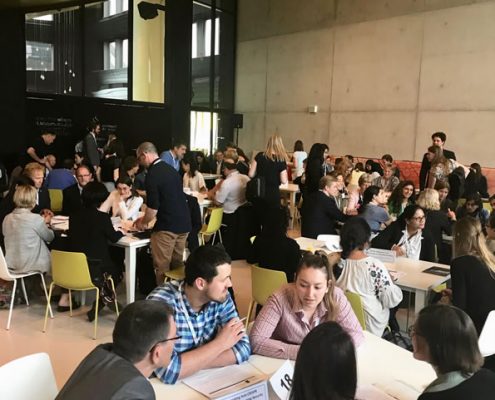
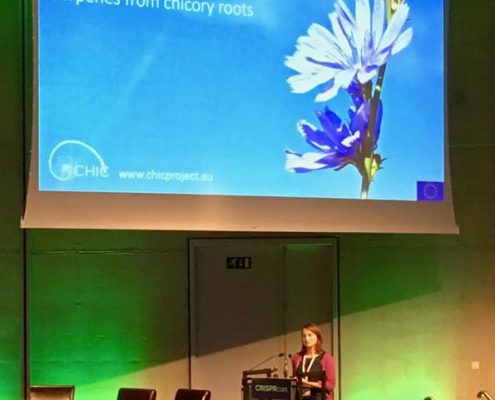
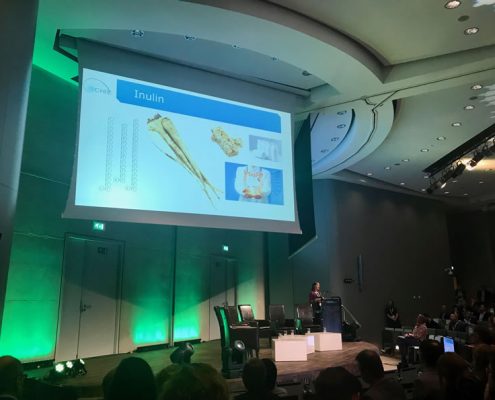
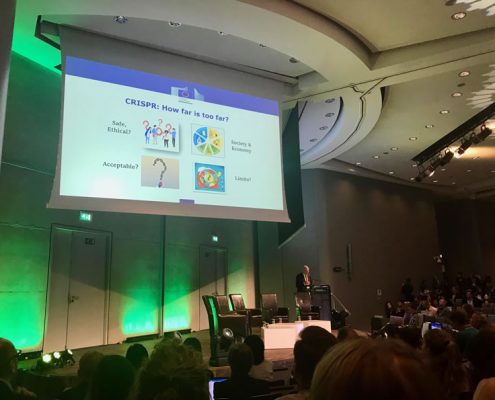
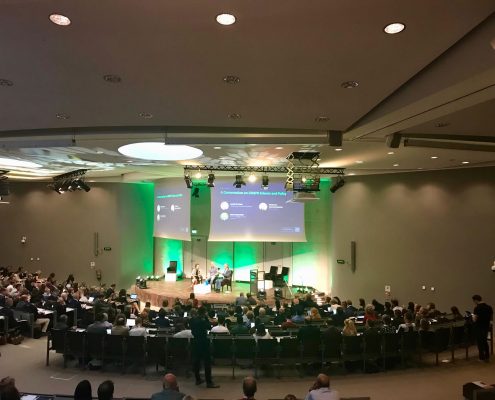
 This project has received funding from the EU Horizon 2020 research & innovation programme under grant agreement N. 760891.
This project has received funding from the EU Horizon 2020 research & innovation programme under grant agreement N. 760891.